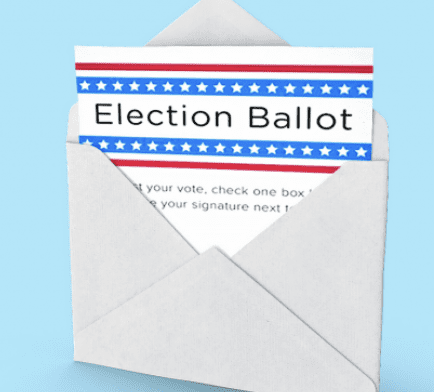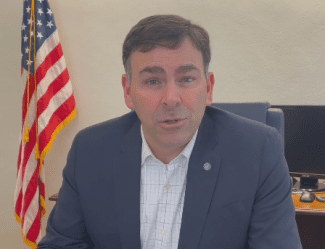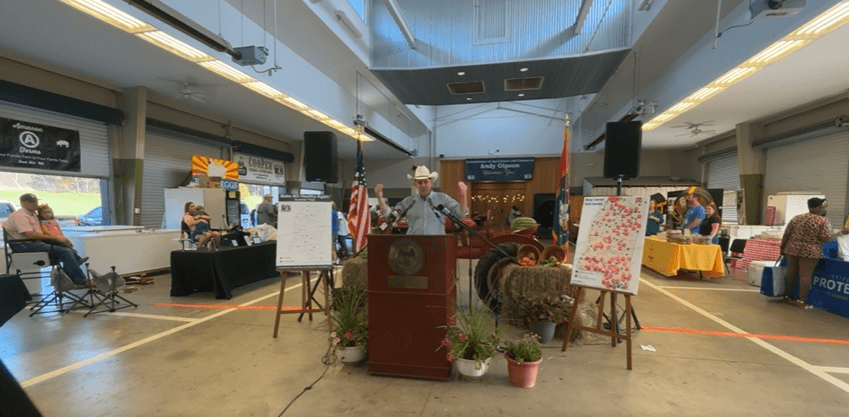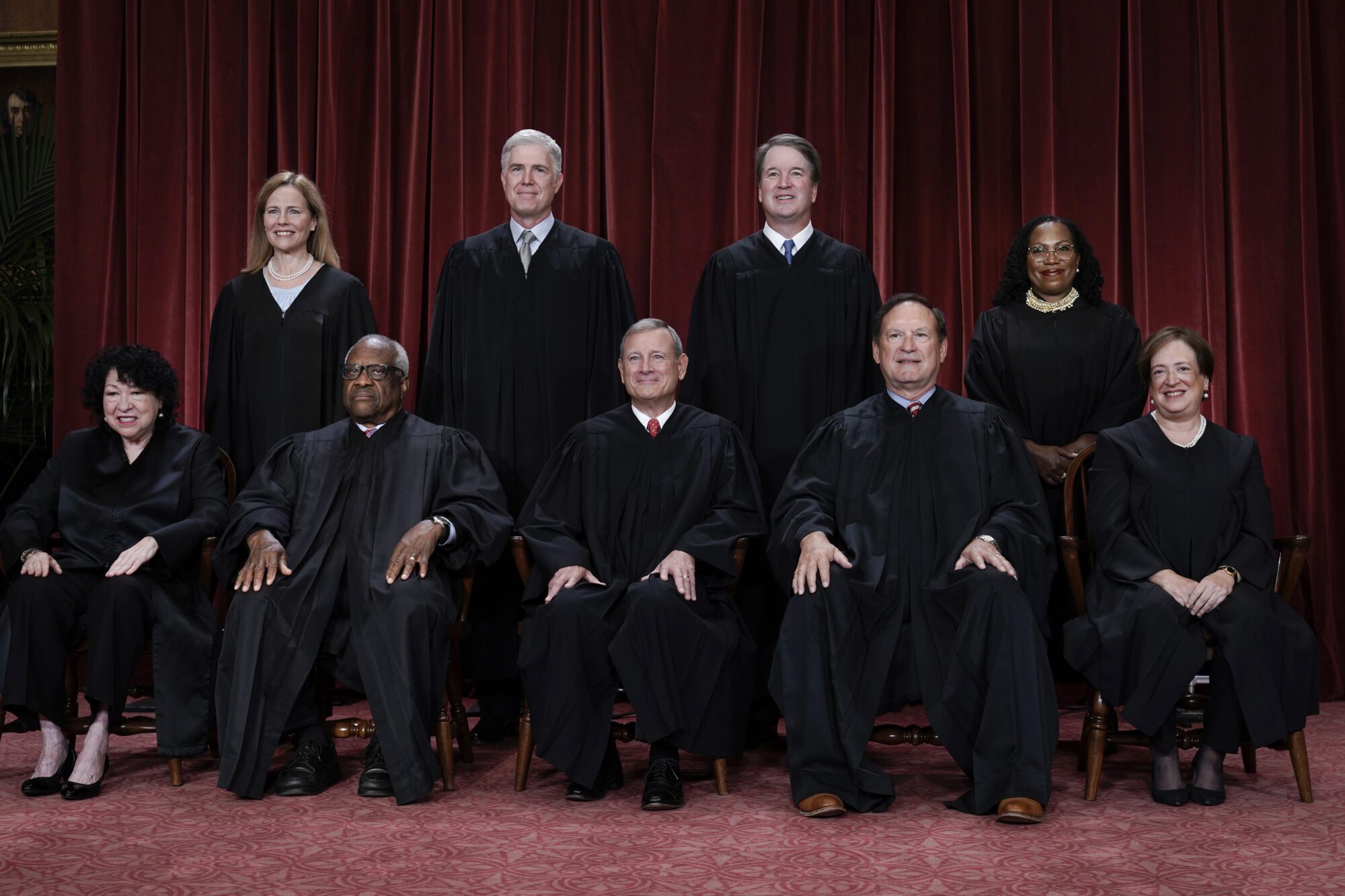
The way Mississippi elections run are always a topic of conversation as bills are filed in the Legislature each session, but perhaps more so this year after a nationally polarized general election during a pandemic with what was estimated to be the highest turnout the U.S. has ever seen.
This year, Mississippi House and Senate members filed 27 bills pertaining to changes they believe need to be made to the way Mississippians can vote. The bills ranged in topics from early voting and restoring voting rights to felons to getting rid of partisan primaries and purging voter rolls.
Probably one of the most talked about topics is latter, that of the purging of voter rolls. Both HB 4 and SB 2588 call for the purging of Mississippi’s voter rolls after certain steps are taken to confirm a registered voter remains active in the state.
HB 4, authored by Rep. Brent Powell (R, HD 59) and others, would allow the county registrar or election commission to remove from the statewide elections management system any voter who does not respond to a mailed confirmation notice or vote at least once in a four-year period.
This particular bill has passed through its first committee, Apportionment and Elections, and will head to the House floor for a vote.
SB 2588, which has also made it through the general bills deadline, was authored by Sen. Jeff Tate (R, SD 33). The two are sister bills which outline primarily the same goals, purge voter rolls after no confirmation notice response from the voter or they have not voted in the last four years. A voter would still have up to four years to either vote or prove they are still living in the state and registered to vote before being removed from the roll. This provides roughly eight years to remedy any discrepancy.
Both bills would not allow for voters to be purged within 90 days of an election and it would be noted for up to four years, or two federal elections, why they were taken off of the rolls.
In a press conference, Lt. Governor Delbert Hosemann expressed support for the Senate bill explaining that its intention was to help all entities who rely on the voter rolls to have the most accurate information.
“It’s real important that the voter rolls be right,” said Hosemann. “I don’t think you have to go much further than the last election to see that people have concerns about that.”
Hosemann said when he served as Secretary of State during one election there were some counties that had more people registered than were alive in them.
Several members of the House and Senate filed versions of an “Early Voting Act.” Four bills in total were dropped, all of which would provide that an early voting period begin anywhere between six and twenty-one days before an election, depending on whose bill you read, and that early voting period would continue until the last business day after the election. The bills are: HB 345, HB 571, HB 696, and HB 728.
This would be effective for primaries, general elections, runoffs, and special and municipal elections. However, other lawmakers and Secretary of State Michael Watson have been hesitant to embrace an early voting schedule, citing concerns over voter fraud.
Another grouping of bills that are not uncommon in most years are the restoring of rights to a qualified elector after they have been convicted and served their time for a felony.
Sen. Derrick Simmons (D, SD 12) has filed SB 2231. It would restore the right of suffrage, or being able to vote, to an individual who was previously disqualified because of a conviction. Their suffrage would be restored after completing time in prison and parole or upon the imposition of a probation-only sentence.
Simmons’ bill would amend state statute that allows for the removal of a person’s name on the statewide elections management system, unless the individual is serving time or parole, but not just at conviction based on the crimes listed in Section 241 of the Mississippi Constitution.
Representative Omeria Scott (D, HD 80) filed a bill, HB 983, which would allow for an individual to register to vote on the day of an election. An individual could register and still cast a ballot on the same day. Currently, Mississippi law requires that you register at least 30 days prior to an election to be eligible to vote, allowing time for verification of identity, among other factors.
Last year, election laws were changed in order to accommodate safety concerns due to the COVID-19 pandemic. In HB 1521, there were allowances made for absentee voting for people who were either considered high risk for COVID, had a doctor’s excuse to not vote at the polls, or had contracted the virus and were instructed to quarantine.











